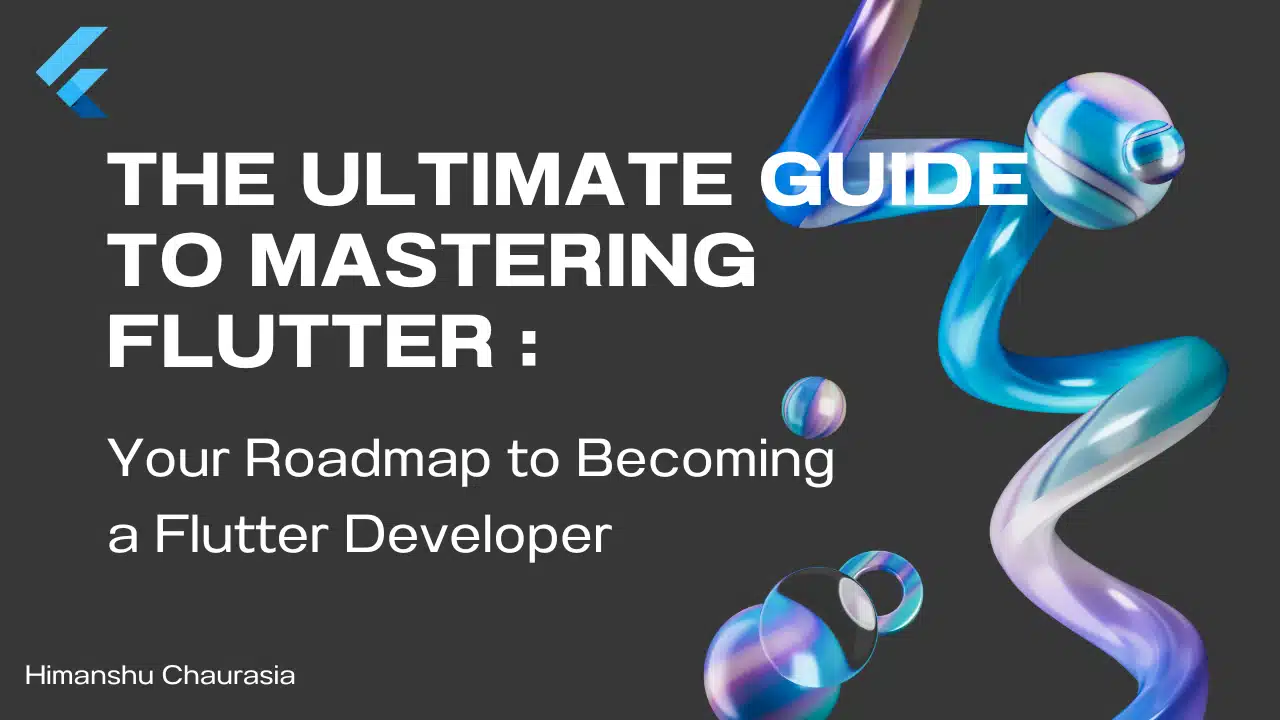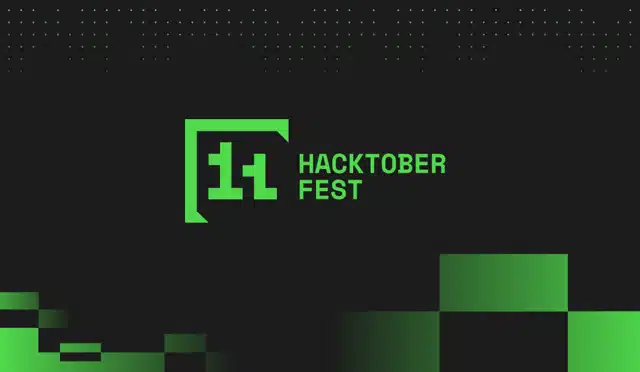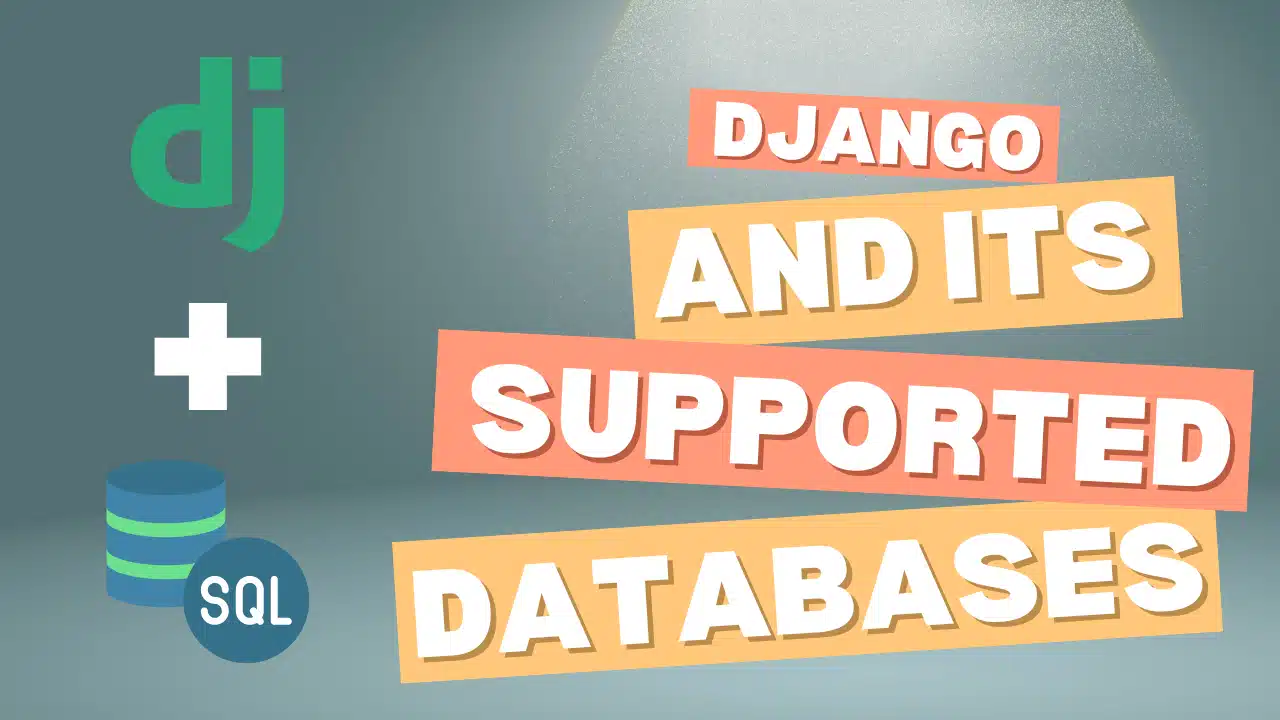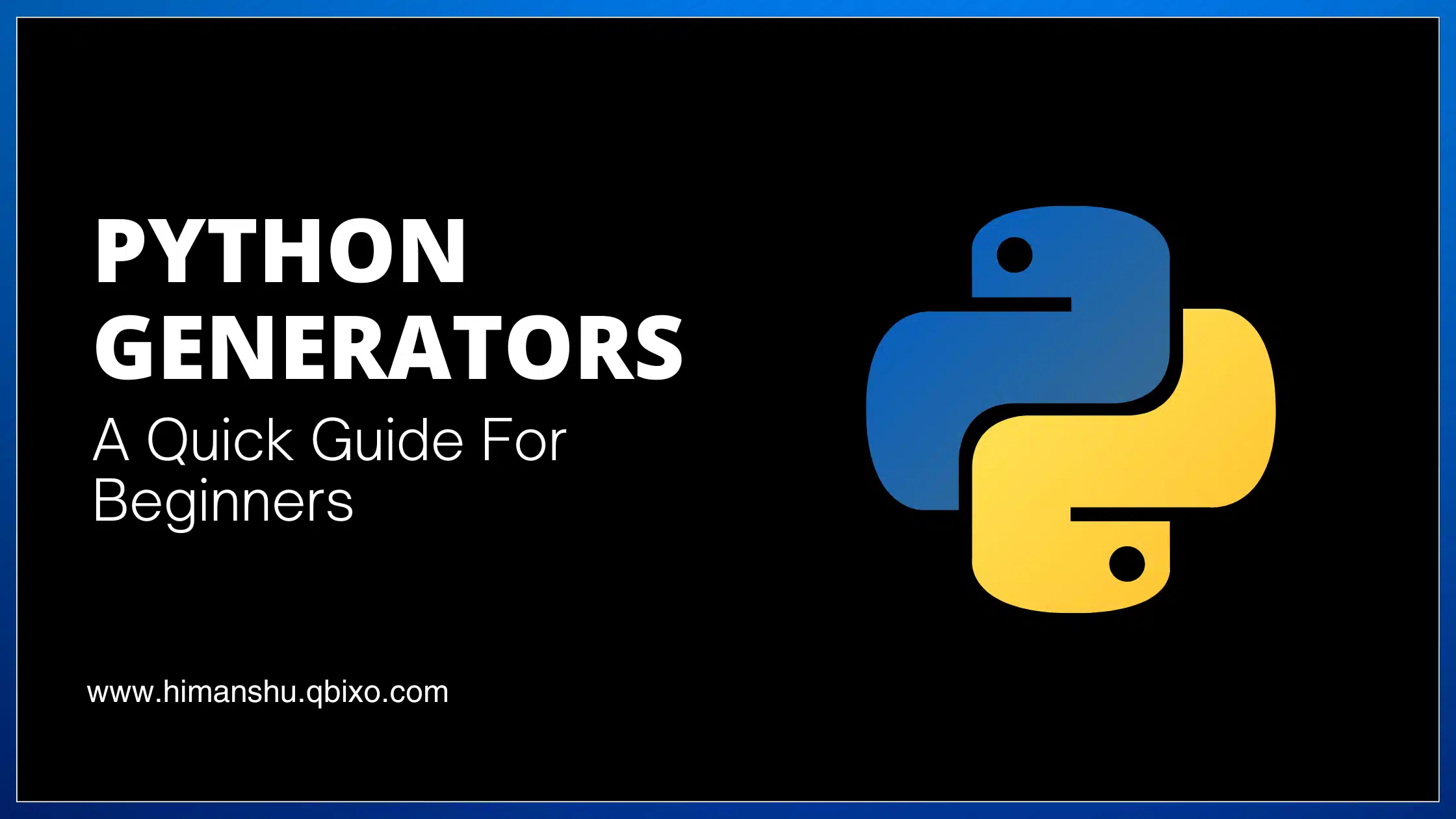The Ultimate Guide to Mastering Flutter: Your Roadmap to Becoming a Flutter Developer

Introduction
In the rapidly evolving world of mobile app development, Flutter has emerged as a powerful toolkit for creating stunning, high-performance apps for both Android and iOS platforms. Developed by Google, Flutter offers a single codebase, enabling developers to write once and deploy everywhere. This guide will provide you with a comprehensive roadmap to mastering Flutter, covering essential learning resources, requirements, future trends, and more.
Roadmap to Mastering Flutter
1. Understanding the Basics
- Dart Language: Flutter uses Dart, a language developed by Google. Start by learning Dart's syntax, data structures, and features.
- Flutter Fundamentals: Get familiar with the basics of Flutter, including widgets, state management, and the Flutter framework's architecture.
2. Intermediate Concepts
- Layouts and Navigation: Learn about Flutter's layout widgets and navigation techniques.
- State Management: Understand different state management solutions like Provider, Bloc, and Riverpod.
- API Integration: Learn how to integrate RESTful APIs to fetch and display data in your Flutter apps.
3. Advanced Topics
- Performance Optimization: Discover techniques to optimize your Flutter app’s performance.
- Custom Widgets: Create custom widgets to enhance the functionality and appearance of your apps.
- Animations: Implement animations to make your apps more interactive and visually appealing.
4. Deployment and Maintenance
- Testing: Write unit tests, widget tests, and integration tests to ensure your app is bug-free.
- CI/CD: Set up continuous integration and delivery pipelines to automate testing and deployment.
- Publishing: Learn how to publish your app to the Google Play Store and Apple App Store.
Where to Learn Flutter
Official Documentation
- The Flutter official documentation is the best place to start. It offers comprehensive guides, tutorials, and API references.
Online Courses
- Udemy: Courses like "The Complete Flutter Development Bootcamp" by Angela Yu are highly recommended.
- Coursera: "Build Native Mobile Apps with Flutter" by Google is a great choice.
YouTube Channels
- Flutter: The official Flutter YouTube channel provides tutorials, live coding sessions, and community talks.
- Academind: Offers in-depth tutorials and explanations on Flutter concepts.
- WsCube Tech: Flutter Complete Tutorial in Hindi (Beginner to Advanced Level)
- Rivaan Ranawat: The Complete Dart & Flutter Developer Course | Full Tutorial For Beginners to Advanced
Books
- "Flutter in Action" by Eric Windmill
- "Beginning Flutter: A Hands On Guide to App Development" by Marco L. Napoli
Requirements
To get started with Flutter, you'll need:
- A Computer: Windows, macOS, or Linux.
- Flutter SDK: Download from the official site.
- IDE: Visual Studio Code or Android Studio are recommended.
- Basic Programming Knowledge: Familiarity with object-oriented programming concepts.
Future of Flutter
Flutter's popularity is skyrocketing, and its future looks bright. With continuous improvements and growing community support, Flutter is expected to become the go-to framework for cross-platform mobile development. Upcoming features include:
- Flutter Web and Desktop: Expanding the reach of Flutter beyond mobile.
- Performance Enhancements: Ongoing optimizations to improve speed and efficiency.
- New Widgets and Tools: Regular updates introducing new widgets and development tools.
Why Flutter?
- Cross-Platform Development: Write once, run anywhere.
- Hot Reload: Instant updates to the app during development.
- High Performance: Fast and smooth animations and user experiences.
- Rich Widget Library: A vast collection of customizable widgets.
- Strong Community: A vibrant and supportive community of developers.
Conclusion
Flutter is revolutionizing mobile app development by providing a versatile, high-performance framework that enables developers to create beautiful, functional apps with a single codebase. By following this roadmap, leveraging the recommended learning resources, and staying updated with the latest trends, you can become a proficient Flutter developer and contribute to the future of cross-platform development.
Flutter is not just a framework; it's a movement towards seamless cross-platform development. Embrace the future, start building with Flutter today, and watch your ideas come to life with less effort and more impact.
FAQs
Que 1. What is Flutter?
Ans. Flutter is an open-source UI software development toolkit created by Google to build natively compiled mobile, web, and desktop applications from a single codebase.
Que 2. Do I need to learn Dart to use Flutter?
Ans. Yes, Dart is the programming language used by Flutter, so you need to have a basic understanding of it.
Que 3. Can Flutter be used for web development?
Ans. Yes, Flutter can be used to create web applications as well as mobile and desktop apps.
Que 4. Is Flutter suitable for beginners?
Ans. Absolutely. Flutter’s simplicity and comprehensive documentation make it suitable for beginners.
About Author
Latest Blogs

Mastering C#: Your Ultimate Guide to Learning C# Programming
Introduction to C#C# (pronounced "C sharp") is a versatile and powerful programming language developed by Microsoft. Launched in the early 2000s, it is primarily used for building Windows applications, web services, and games. With its clean syntax and object-oriented principles, C# has become one of the most popular programming languages worldwide.Why Learn C#?Versatility: C# is used in various domains, from desktop applications to cloud-based services.Strong Community: With a robust community …

A Complete Guide to Hacktoberfest 2024: How to Register, Contribute, and Make the Most of It
Hacktoberfest is back for 2024! This annual event encourages developers worldwide to contribute to open-source projects. Whether you're a seasoned open-source contributor or a newcomer, this guide will walk you through the process of getting started, making contributions, and maximizing your participation in Hacktoberfest 2024. What is Hacktoberfest?Hacktoberfest is an event held every October to celebrate and promote open-source software. DigitalOcean organizes it in partnership with other tech companies and open-source …

Django and Its Supported Databases: A Comprehensive Guide
Django, a powerful web framework written in Python, offers seamless integration with various databases. Choosing the right database depends on your project needs. This guide will explore all available databases compatible with Django, how to connect them, incompatible databases, and frequently asked interview questions related to Django database integration.Supported Databases in DjangoPostgreSQLMySQLMariaDBSQLiteOraclePostgreSQLPostgreSQL is a popular open-source relational database that is fully supported by Django. It's known for advanced features like …

Python Generators: A Comprehensive Guide with Examples, Use Cases, and Interview Questions
IntroductionIn Python, generators provide a powerful tool for managing large datasets and enhancing performance through lazy evaluation. If you’re aiming to optimize memory usage or handle streams of data efficiently, understanding Python generators is crucial. This blog will cover what Python generators are, how they work, their advantages, scenarios where they shine, and some common interview questions. Whether you're a seasoned developer or new to Python, this guide will help …
Social Media
Tags
#Dart
#Flutter
#Native Technology
